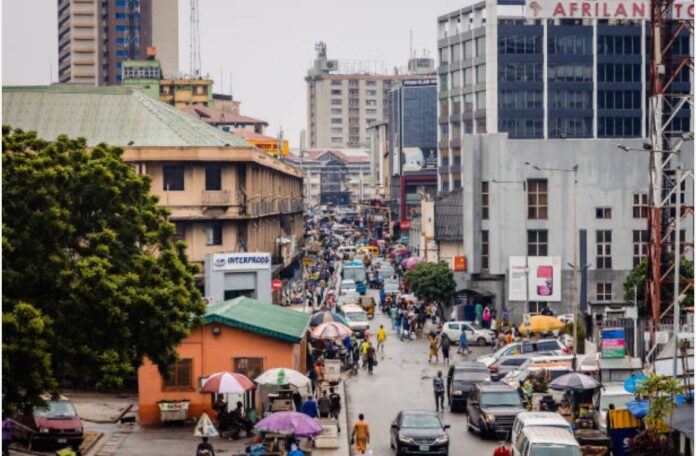Nigeria, Africa’s most populous country and one of the world’s largest democracies, has encountered challenges in maintaining a stable democratic system since gaining independence in 1960. It has witnessed three republics toppled by military coups, with two democratically-elected presidents of the fourth republic having ties to past military dictatorships.
The reliance on the military to restore order stems from the limitations of the police, particularly in areas with active armed groups. However, employing the military for internal conflicts undermines its legitimacy and often fails to quell violence. Research indicates that addressing terrorism requires a multifaceted approach involving political negotiations and grassroots development, rather than solely relying on military intervention.
To strengthen democracy and prevent military involvement in politics, the Nigerian government must take proactive measures, including:
1. Conducting mass sensitization programs to educate people about the consequences of tribal politics.
2. Implementing policies to punish corrupt leaders.
3. Enacting laws to ensure politicians demonstrate high levels of commitment and accountability.
4. Developing strategies to combat electoral malpractices and rigging.
5. Supporting civil society organizations and media outlets that uphold democratic values and human rights.
6. Engaging with regional and international partners committed to democracy and development in Nigeria and Africa.


